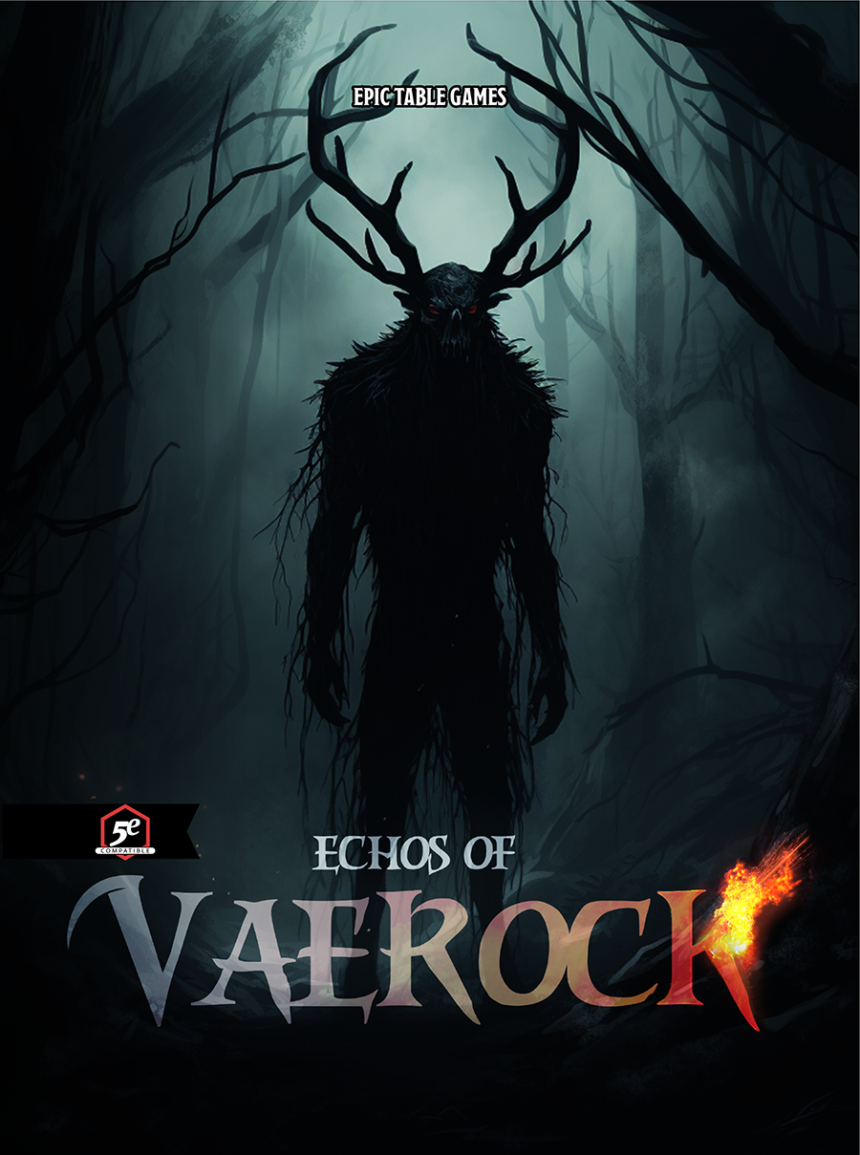Everyday Heroes delivers in a way that Dungeons and Dragons 5e simply does not.
In one of our last episodes of SideQuests! Eli and I gave our initial thoughts on the Evil Genius game, ‘Everyday Heroes’ and while we both agree that it functions better than fifth edition, we needed to cover more than the podcast was able to, due to technical difficulties and making an attempt to podcast during a blizzard.
I love that in the core rulebook, it specifically calls out if you’re used to fifth edition, you will see familiar terms and rules but look out for things that have been changed or are completely new. It also provides a quick paragraph if you’re not familiar with 5e, saying the content is easy to learn and streamlined in a way that is intuitive but not necessarily familiar yet. It’s a great primer to show how much care has gone into the book as a whole.
The premise for Everyday Heroes eliminates the power creep that you see in so many table top games in the Tolkien fantasy setting – heroes and villains casting absurdly powerful spells and world ending events around the corner while pushing your players from levels one to twenty.
Everyday heroes makes a conscious effort to cap players progression in the 9-10 range, which allows for a more grounded game in the sense that you are neighborhood heroes (for a very famous example, consider Spiderman or the defenders). We love the aspect of this because it lets the game play to a natural state and feel balanced in the “early levels” of what amounts to a modern fantasy game.
The team is the same team who designed the original d20 modern game, and after years of potential revisions and modifications it has really paid off when you look through the class list and abilities each have; nothing overly powerful and items can help supplement your heroic efforts. This is accomplished by a simplified wealth system that I’ve seen work in other games such as Mutants and Masterminds, that simply says if you have a certain wealth category you can afford just about anything in that category and lower.
It turns a lot of complex rules like this into simplified no-fuss systems that are easy to understand and handle. In fact, it takes out the ‘crunch’ and replaces it with more time to kick-ass and play the game.
One of my favorite system changes is how as your character levels up, certain levels can be considered ‘milestone levels’ where your abilities scale up as well. This means that your not adding more to your character sheet, but improving what your character already has. This idea will also certain groups to build a formula to continue scaling their everyday heroes into superheroes and beyond if they continue to push the concept.
The classes are really broken down into categories however, and while they make sense I don’t think I’m personally a fan of the current categorical placements. We have your tough heroes, our smart heroes, strong heroes, wise heroes, and charming heroes. They’re cute names, but it feels super segmented, and breaks the idea that your character can be a myriad of qualities. I haven’t seen anything about multi-classing outside of ‘multi-classing feats,’ which don’t seem to bridge the gap of a multi-faceted versatile character.
I understand that many players believe multi-classing short changes a character, but when done well it can exemplify and amplify player abilities. I for one believe it is everyone’s responsibility to optimize their character to the best of their ability, and with Everyday Heroes, it’s no exception. It does feel like doing so however is more of a linear process; eventually everyone will have the same heroes across the board in any particular group.
I do think one of the smartest ways this issue has been subverted though is the introduction of additional game content such as the two expansions that have come with the base game; The Crow, and Escape from New York. Now while not being able to play the game due to time constraints and the effort it takes to build up a complete group, teach rules too, and run through an entire campaign or adventure, we had to hungrily chew through the provided rules and both Eli and I came up to the same conclusions;
The Crow is a fantastic setting that focus more on the story narrative and more elements that provide a reason to invoke role play and Escape From New York is designed to introduce more mechanics, some complex and others not so much, but adds tangible content to the game in droves. We feel that one wold be easier to play than the other but it also completely depends on your groups play styles and preferences. We think both are thematically fantastic, and love what Evil Genius Games has in store for future releases (such as Rambo, which I am incredibly excited about).
Overall, we here at EpicTableGames are completely on board with EvilGeniusGames Everyday Heroes, and we believe it shines in a way that dungeons and dragons 5e just falls flat. It is presented in a clear and concise manor that is easy to understand and has a flavor that is both refreshing and understandable.
Checkout Everyday Heroes at http://www.evilgeniusgaming.com/






